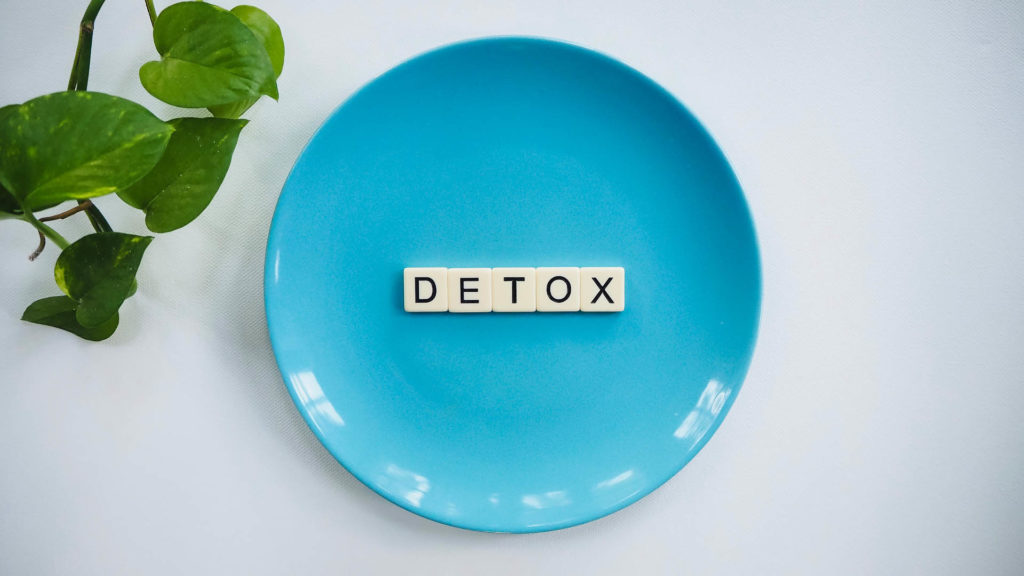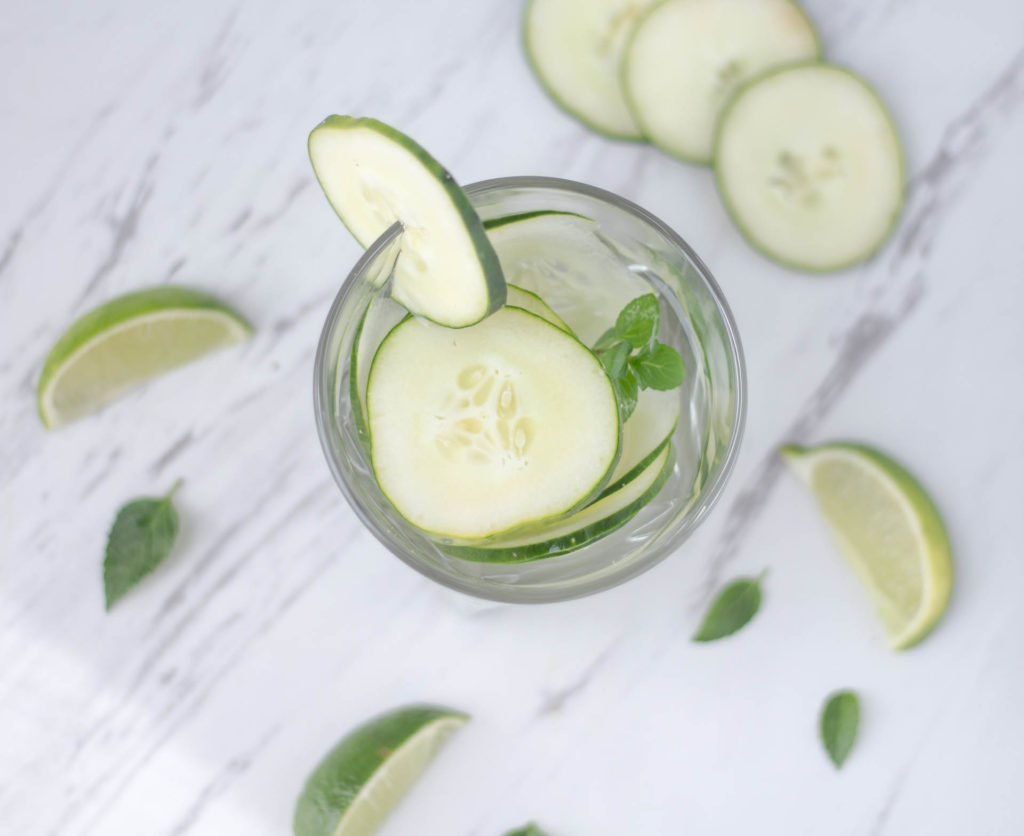Basically, detoxification means cleaning the blood. It does this mainly by removing impurities from the blood in the liver, where toxins are processed for elimination. The body also eliminates toxins through the kidneys, intestines, lungs, lymph and skin. However, when this system is compromised, impurities aren’t properly filtered and every cell in the body is adversely affected. A detox program can help the body’s natural cleaning process by:
- Resting the organs through fasting.
- Stimulating the liver to drive toxins from the body;
- Promoting elimination through the intestines, kidneys and skin;
- Improving circulation of the blood; and
- Refueling the body with healthy nutrients.

“Detoxification works because it addresses the needs of individual cells, the smallest units of human life.”
How Do You Know if You Need to Detoxify Your Body?
Everyone should “detox” at least once a year. A short detoxifying program is generally safe. In fact, scientific studies show that a detox is beneficial for health. Consult your health care practitioner if you have questions about whether detoxing is right for you.
Today, with more toxins in the environment than ever, “it’s critical to detox,” says Linda Page, N.D., Ph.D., the author of Detoxification. Page recommends detoxing for symptoms such as unexplained fatigue, sluggish elimination, irritated skin, allergies or low-grade infections, bags under the eyes, a distended stomach even if the rest of your body is thin, menstrual difficulties, or mental confusion.Where Do You Begin?
Short Term Goals
- Identify the problem that is causing your health, mentally, physically or even spiritually not to function in the proper ultimate condition. Some of those obstacles can be:
- Financial Problems
- Family Problems
- Health Handicaps
- Personality Traits
- Uncontrollable Cravings
- Over the Counter Medicine
- Prescribed Medicine
- Family Issues
- Outside Pressures
- Start reading ingredient labels on all food you purchase at the supermarket. Eliminate from your daily food intake any food with additives, fillers, dyes, and preservatives. Most food these days can be purchased in its natural uncompromised state and it is as tasty as those with chemicals in it. If you don’t understand an ingredient name in the label of a product, don’t purchase it. The idea here is to only eat food items and not foreign substances and chemicals.2

Adjust whatever is necessary in your personal life to relieve stress by resetting your physical and mental reactions to the inevitable stress everyday living brings.
- Stay away from sugar and sugar products as much as you can
- Determine if your eating habits are being influenced by any obstacles mentioned on #1 above. Identify which one, the time it happened and the food you consumed. Become aware of WHAT you eat, WHY you eat, WHEN you eat and how much you eat. Identify established eating habits and start by reducing portions of your food intake.
The correct amount of fruits and vegetables to be consumed daily is approximately 4½ cups per day.
Important Goals To Achieve As Soon As Possible:
- Eliminate alcohol, coffee, cigarettes, refined sugars and saturated fats, all of which act as toxins in the body and obstruct healthy development and correct healing process.
- Minimize use of chemical-based household cleaners and personal health care products (cleansers, shampoos, deodorants and toothpastes), and substitute with natural alternatives.
- Identify your stress, which has a debilitating and compromising effect to your system. Stress toxins slow down detoxification enzymes in the liver. It would be good practice to detoxify stressful circumstances in your life as much as you can along with detoxifying your inner body system.
Adjust whatever is necessary in your personal life to relieve stress by resetting your physical and mental reactions to the inevitable stress everyday living brings.
© Copyright – Hector Sectzer

















